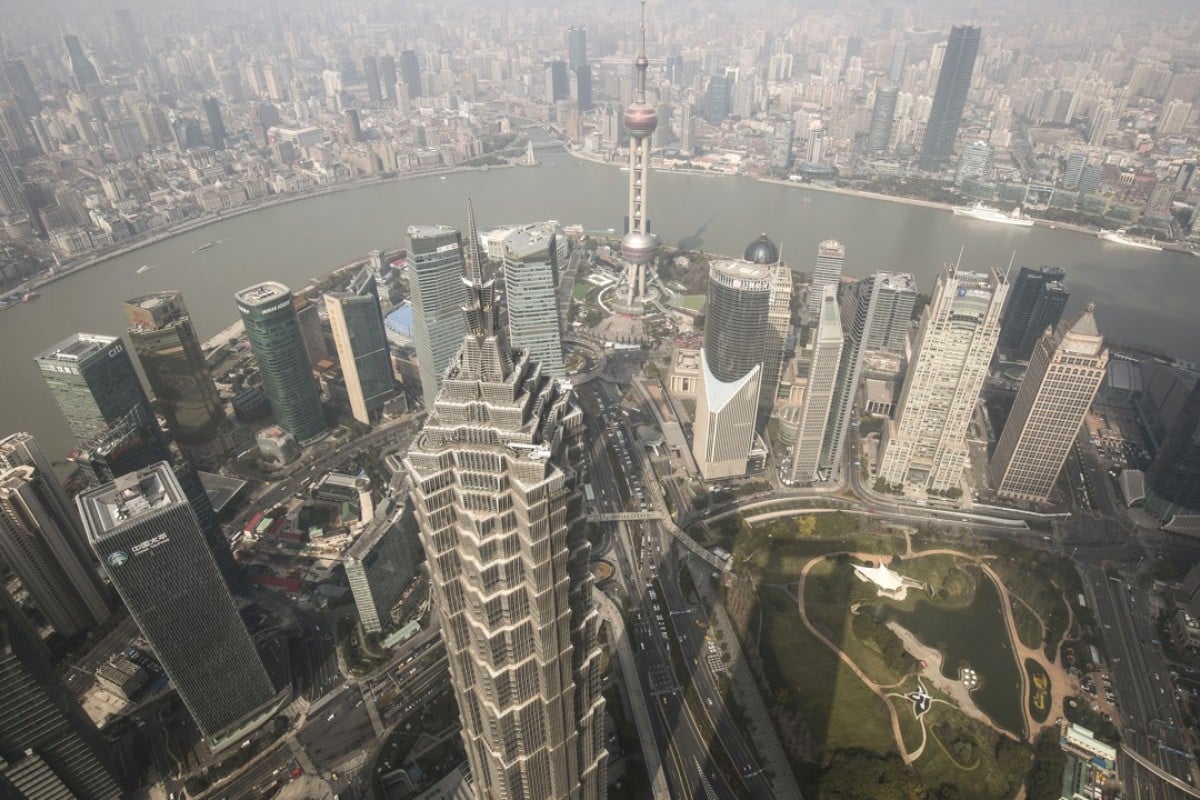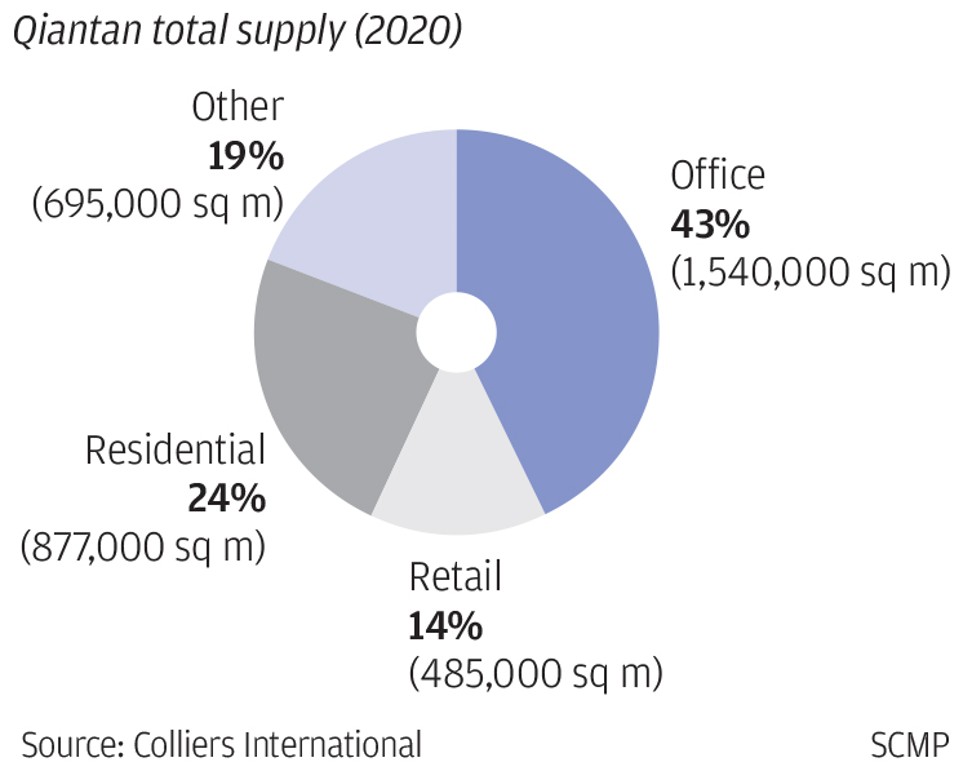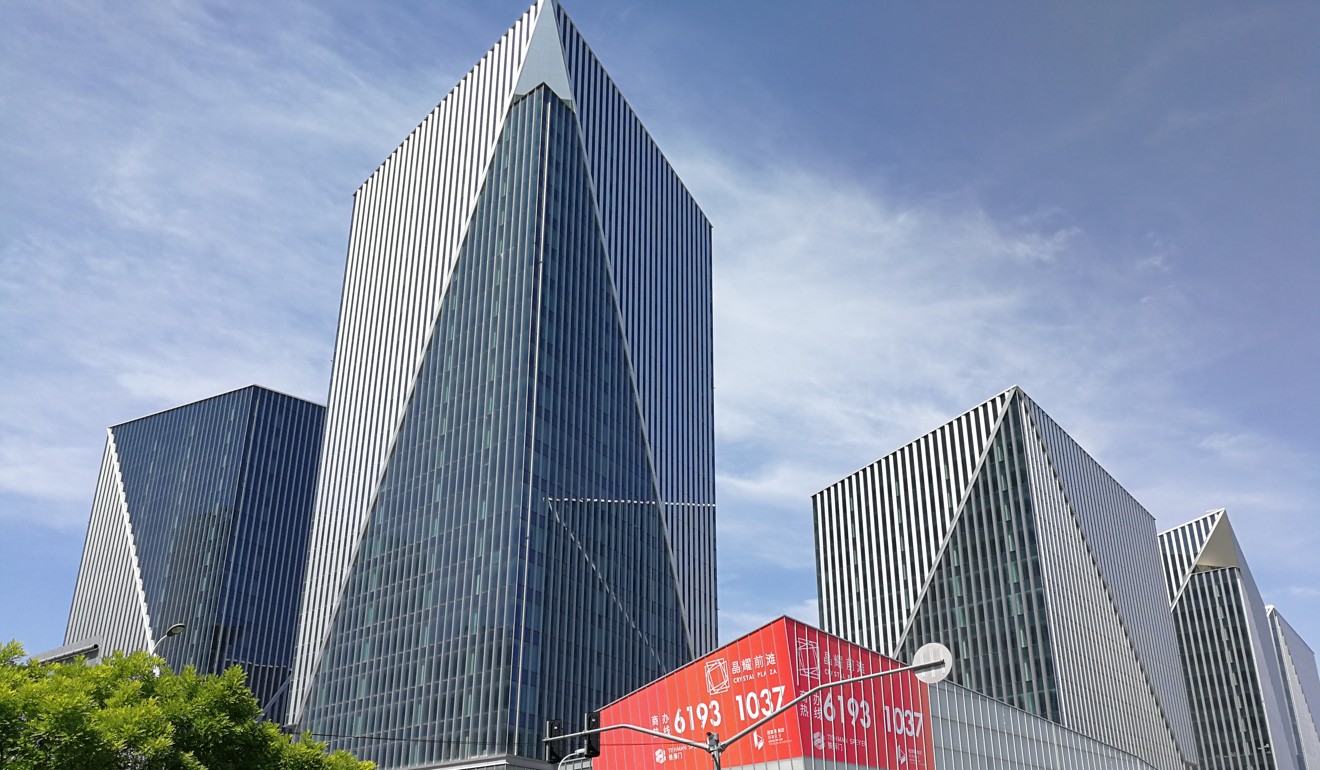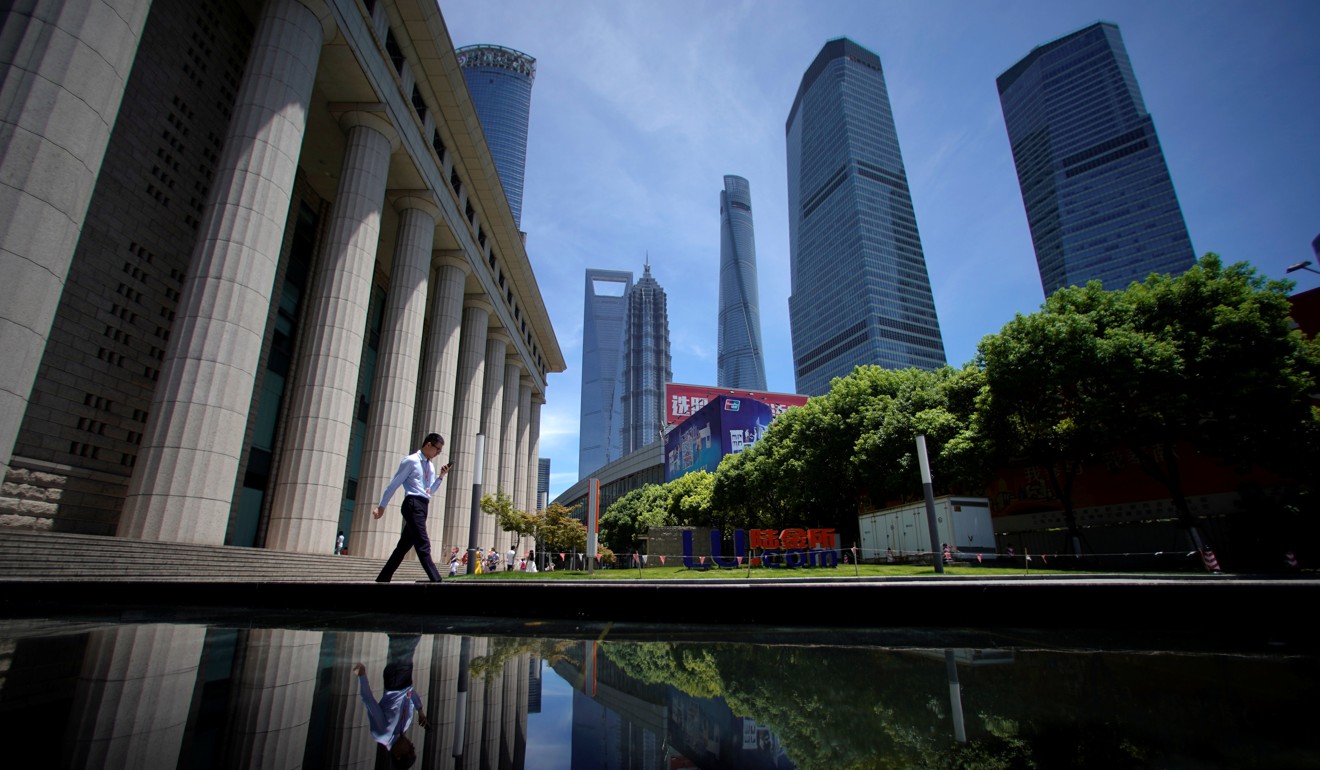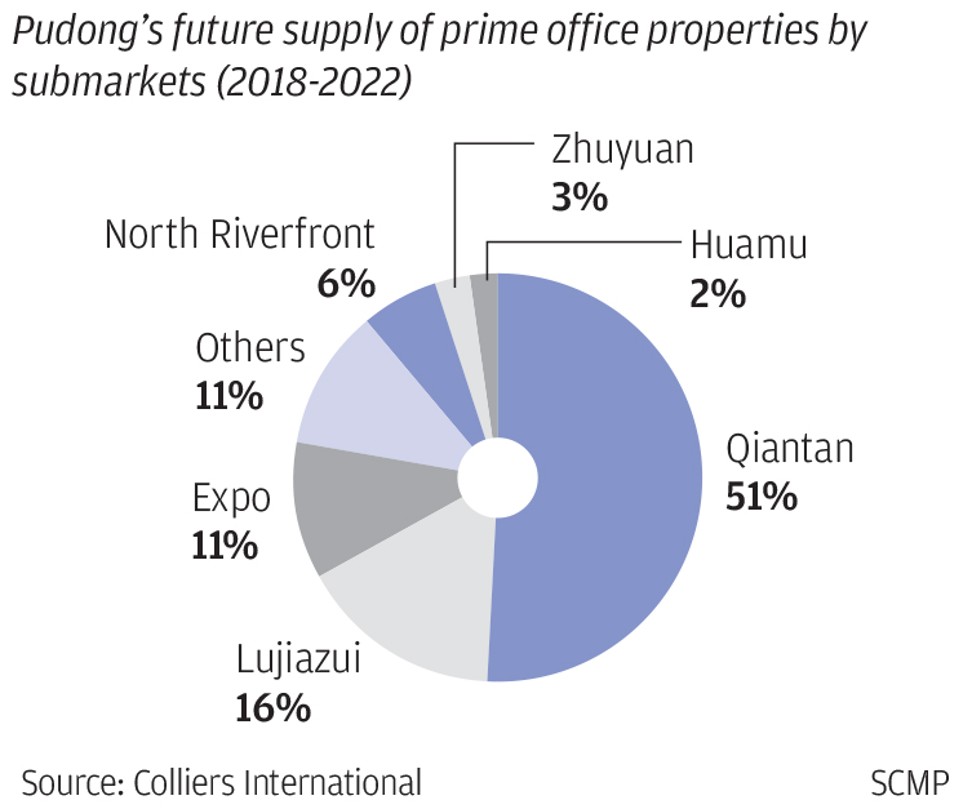Shanghai yesterday introduced 100 new measures as it continues to play a leading role in the latest opening-up efforts of China.
Under the measures announced by the city government yesterday, Shanghai will encourage foreign investments in the advanced manufacturing sector and push forward the reforms in the automobile, aircraft and shipbuilding industries.
The construction of ports will also be encouraged as the city plans to become an import center for drugs and medical equipment.
Imported cancer drugs, that are not registered in China, will be trialed in Shanghai first before they apply for registration. The same model will be followed for medical equipment for treating serious diseases.
“Shanghai should stay in the forefront of opening-up, and strive to build the city into a powerhouse in the new round of comprehensive opening-up in China. It should be a bridgehead to serve the Belt and Road Initiative, an Asia-Pacific hub to allocate global resources, and a strategic support for China’s development on the world stage,” Li Qiang, the city’s Party secretary, said yesterday.
The implementation of the foreign-funded new-energy automobile projects will be hastened, while foreign auto companies will be encouraged to establish research and development centers and high-end vehicle projects in Jiading District and Lingang area.
Restrictions on foreign investment in the aviation industry will be lifted, cooperation with other nations in the field will be encouraged, and communication abilities and collaboration on talent, technology and management will be enhanced.
Foreign investment will be invited in some areas of shipbuilding such as high-end ship manufacturing, and design, research and development.
Shanghai international financial center will be upgraded, and intellectual property protection will be improved by working with the judiciary and administration.
Efforts will be made to build new platforms in industries such as financial technology, logistics, education and health care.
Shanghai is also working on developing the business environment by making it more convenient, governed by law and greater international presence.
“We should seize the opportunities from the policies, focus on the 100 new measures, draw up a list of tasks, and ensure that all the measures are implemented effectively,” Li said.







